Lawn Features That Could Get You Fined In Your State
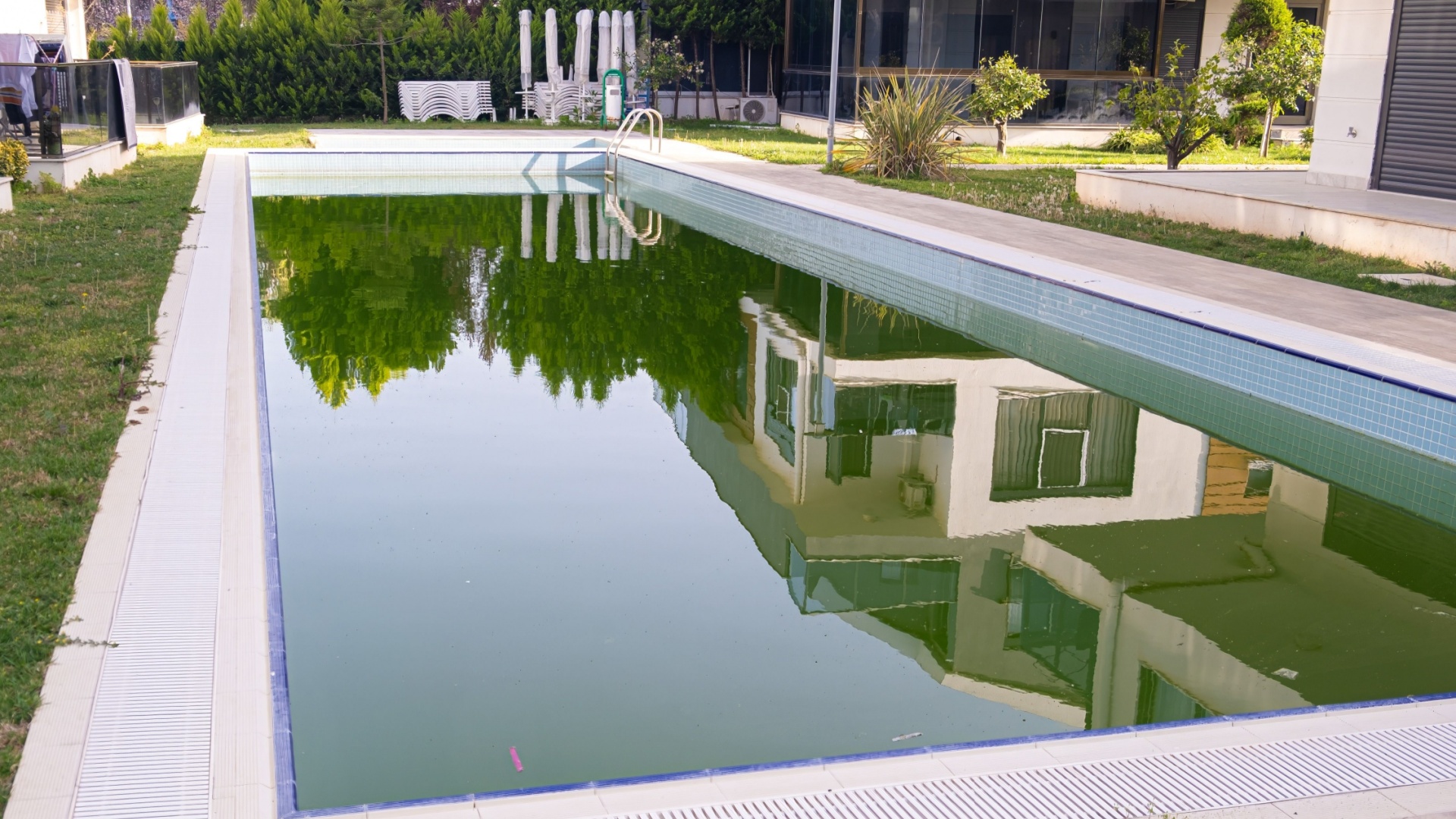
Your lawn might be more than just a personal space—it’s subject to local laws that vary widely across states. Many homeowners face unexpected fines for common yard features they didn’t know violated regulations.
Understanding these potential violations can save you money and headaches when maintaining your outdoor space.
1. Overgrown Grass Exceeding Height Limits
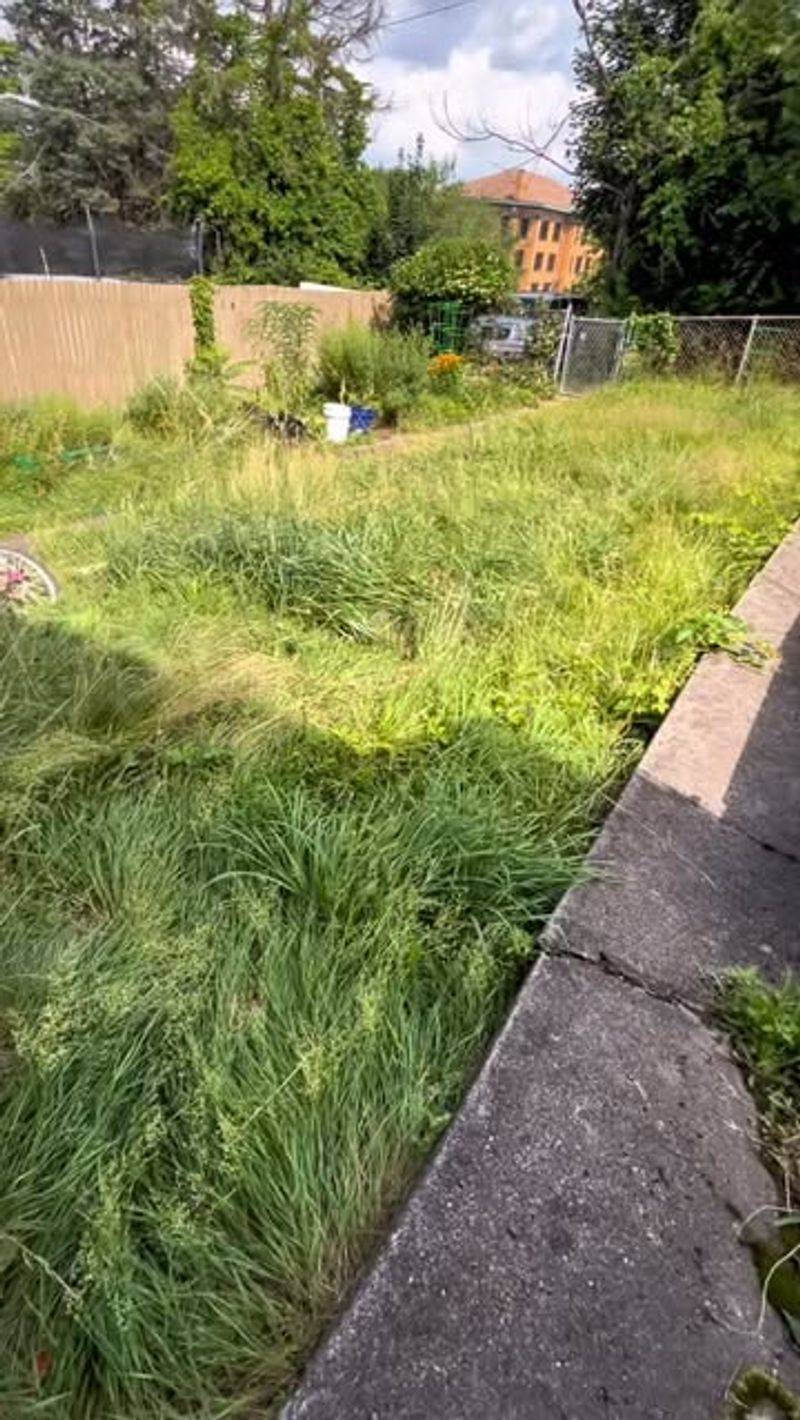
Many municipalities enforce strict height restrictions on residential lawns, typically between 8-12 inches. Letting your grass grow wild isn’t just an eyesore to neighbors—it’s a legal violation in most places.
Local code enforcement officers regularly patrol neighborhoods looking for non-compliance, especially after receiving complaints. Fines start around $50 but can escalate to hundreds of dollars for repeat offenders.
2. Noxious Weeds and Invasive Plants

Growing certain plants might seem harmless, but states maintain lists of prohibited species that threaten local ecosystems. Common offenders include purple loosestrife, kudzu, and Japanese knotweed—plants that quickly spread beyond property lines.
Environmental agencies can issue removal orders and substantial fines when these plants are identified. The financial burden includes both the penalty and mandatory professional removal costs that can run into thousands.
3. Improper Water Drainage Systems
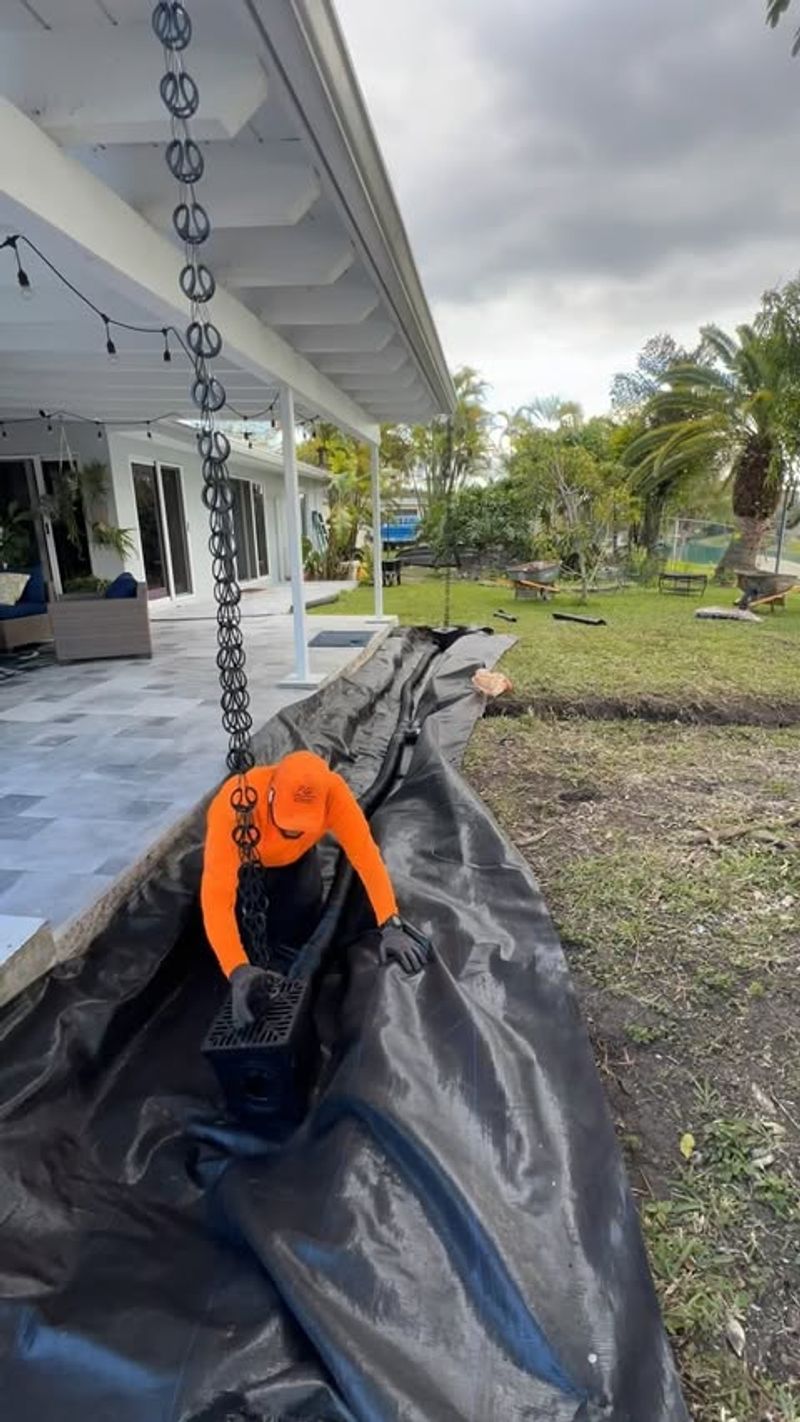
Directing rainwater onto neighboring properties or public sidewalks creates liability issues that most homeowners don’t anticipate. Faulty gutters, poorly designed landscaping, or improper grading can all violate drainage ordinances.
Water-related disputes between neighbors frequently trigger municipal inspections. Correcting drainage problems often requires expensive professional solutions like French drains or regrading, on top of any fines imposed for the violation.
4. Unapproved Fence Heights and Materials
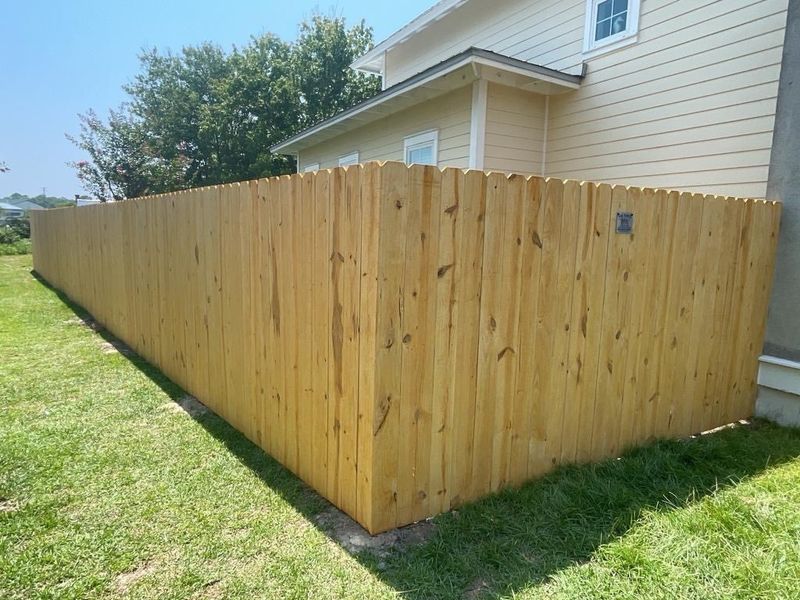
Fence regulations vary dramatically between communities, with some limiting heights to just four feet in front yards. Materials matter too—chain-link fencing is outright banned in certain upscale neighborhoods with strict aesthetic codes.
Building without proper permits compounds the problem. Homeowners may face double penalties: one for the non-compliant fence and another for skipping the permit process. The worst outcome? Being forced to completely remove an expensive fence installation.
5. Unregistered Compost Piles

Backyard composting seems environmentally friendly, but many localities regulate size, location, and contents of compost piles. Some areas require permits or mandate specific enclosed containers to prevent odors and pests.
Violations typically surface after neighbor complaints about smells or rodent activity. Urban areas tend to have stricter rules than rural communities. Proper composting requires following specific guidelines about what materials can break down without creating nuisance conditions.
6. Decorative Lawn Ornaments Exceeding Limits
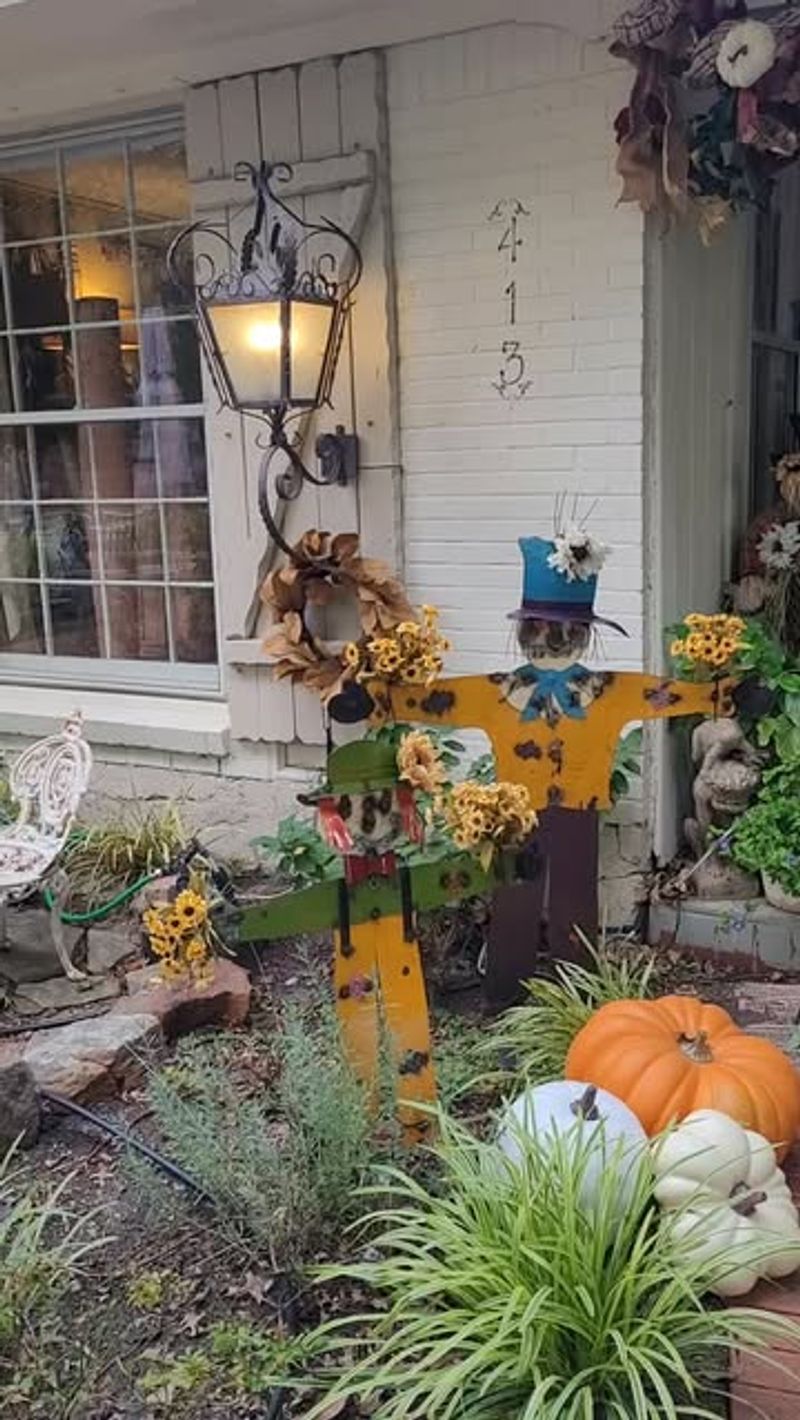
Those quirky flamingos and garden gnomes might express your personality, but many homeowners associations and municipalities limit the number and size of decorative items. Historical districts often have the strictest regulations, prohibiting anything deemed inconsistent with neighborhood character.
Seasonal decorations typically get temporary exemptions, though even holiday displays can trigger violations if they become excessive. The regulations aim to maintain property values by preventing what officials consider visual clutter or tacky aesthetics.
7. Vegetable Gardens in Front Yards
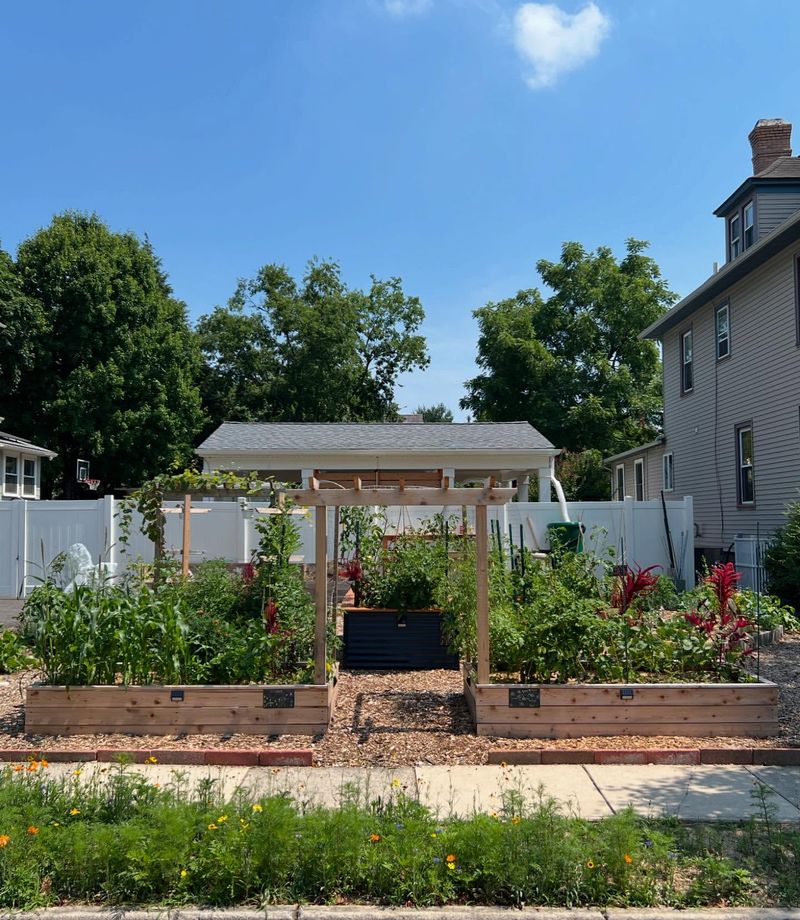
Growing tomatoes and zucchini in your front yard might seem practical, but many communities restrict food gardens to backyards only. The regulations stem from outdated aesthetic concerns that vegetable plants appear less manicured than ornamental landscaping.
Homeowners have successfully fought these restrictions in some states, citing food security and sustainability. Before planting, check local ordinances carefully. Some jurisdictions have softened their stance in recent years, while others maintain strict front-yard landscaping requirements.
8. Neglected Swimming Pools
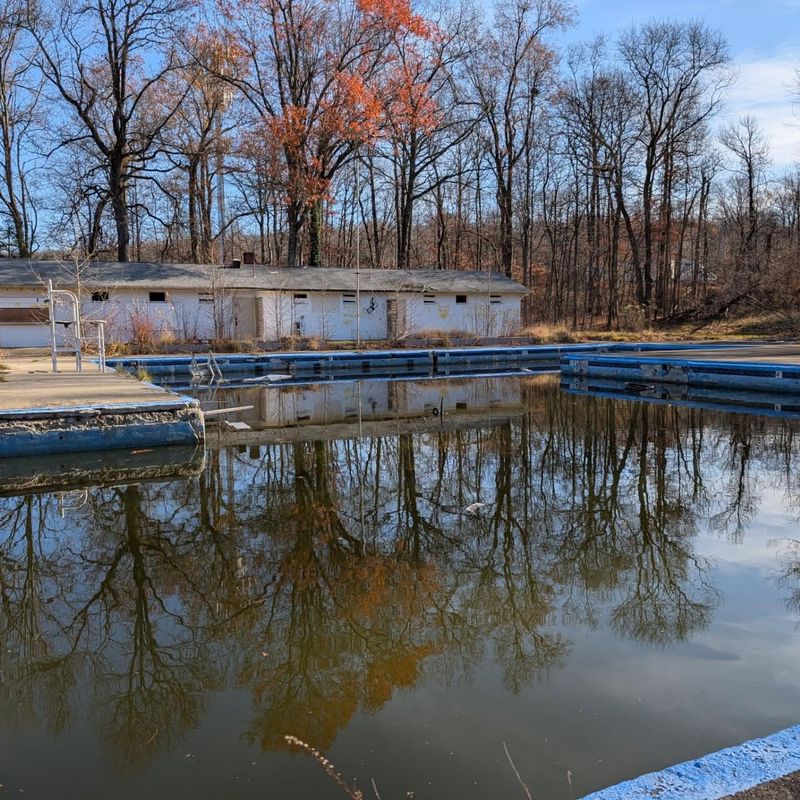
Abandoned or poorly maintained pools quickly become both health hazards and legal liabilities. Stagnant water breeds mosquitoes that can spread diseases like West Nile virus, triggering intervention from health departments.
Violations often carry substantial daily fines until remedied. Even pools no longer in use must be properly maintained, drained, or filled in according to local codes. Some jurisdictions require working pools to be surrounded by specific fencing with self-closing gates.
9. Unauthorized Tree Removal
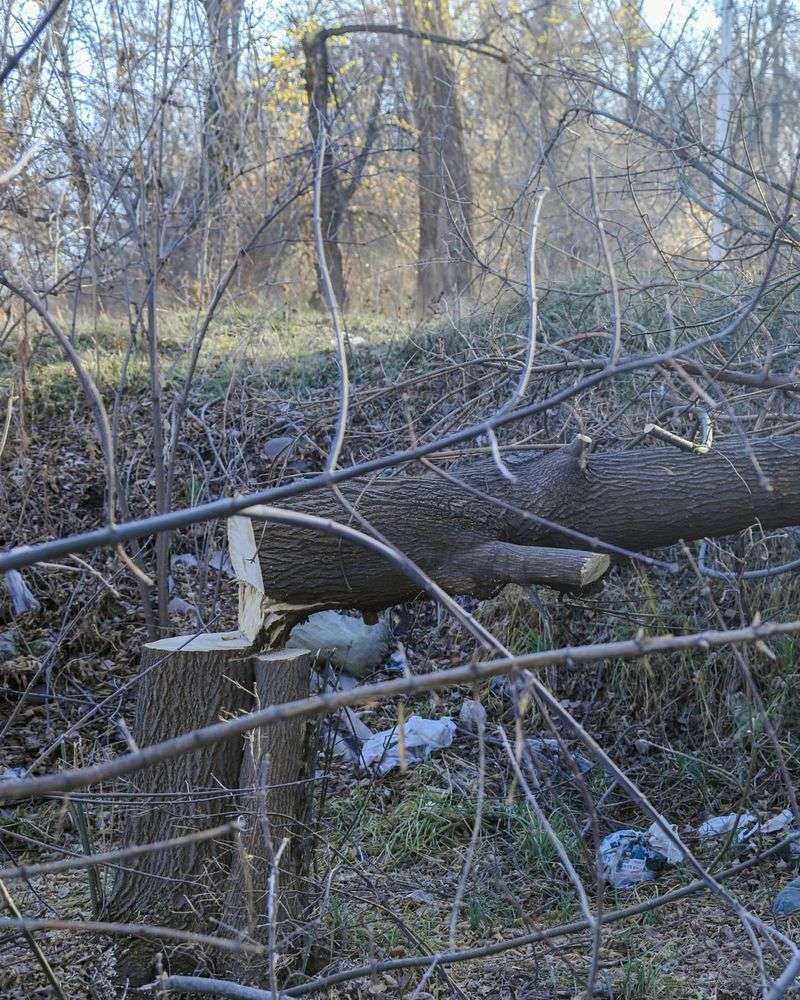
Many homeowners are shocked to discover they don’t have complete authority over trees on their property. Cities increasingly protect mature trees through ordinances requiring permits before removal, even for trees that appear to be dead or damaged.
Penalties can be severe, sometimes calculated based on the tree’s size, species, and age. Some municipalities charge per-inch fines based on trunk diameter, resulting in penalties reaching thousands of dollars for removing a single large tree without proper authorization.
10. Excessive Holiday Lighting Displays

Those spectacular holiday light shows might delight some neighbors while irritating others with light pollution and traffic. Many localities have enacted ordinances limiting the hours, duration, and intensity of seasonal displays.
Violations typically occur when displays create safety hazards through excessive electrical loads or by attracting disruptive crowds. Some communities require permits for large-scale lighting installations, especially those with synchronized music or displays that extend beyond certain dates.
11. Prohibited Recreational Structures
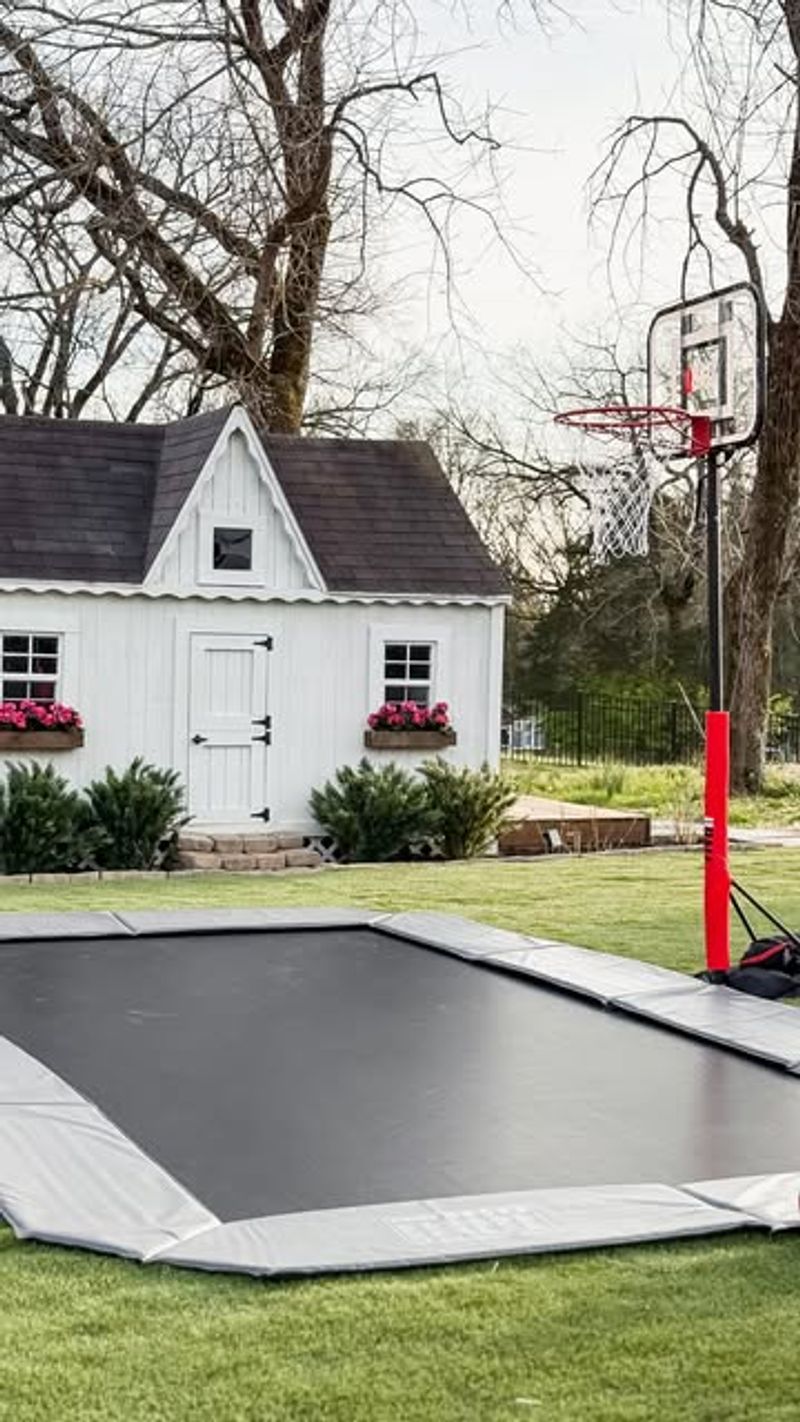
Basketball hoops, trampolines, and skateboard ramps might seem like innocent fun, but many areas restrict their placement, especially near property lines or streets. Permanent structures often require permits that many homeowners skip.
Safety concerns drive most of these regulations. Trampolines, for instance, may require specific setbacks from property lines and safety netting. Even temporary structures like inflatable pools exceeding certain depths might need barriers or permits in some jurisdictions.
12. Rainwater Collection Systems
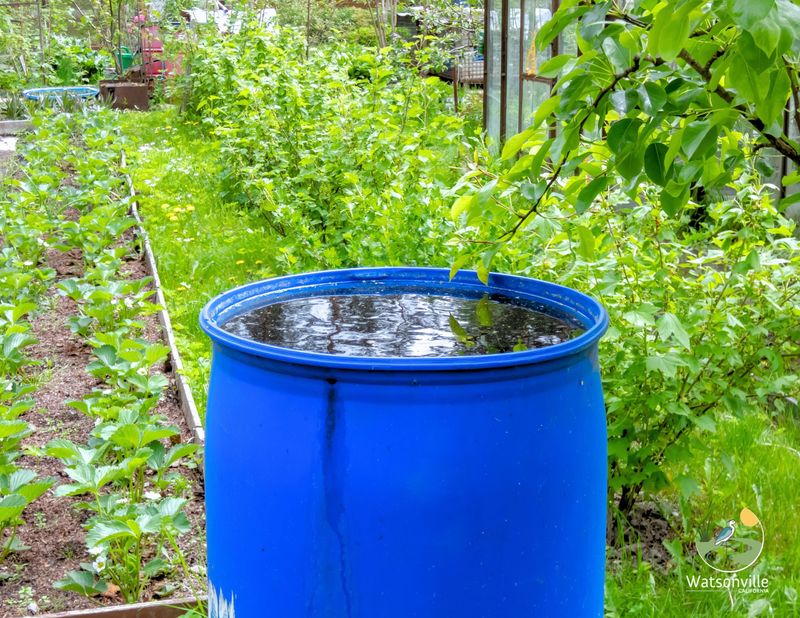
Collecting rainwater seems environmentally responsible, but several western states have complex water rights laws limiting or regulating the practice. Colorado only recently relaxed restrictions that previously prohibited most residential rainwater harvesting.
Other states limit collection capacity or require registration of barrels and tanks. The regulations stem from traditional water rights doctrines where downstream users have legal claims to runoff. Before installing collection systems, verify your state’s specific requirements to avoid unexpected violations.






